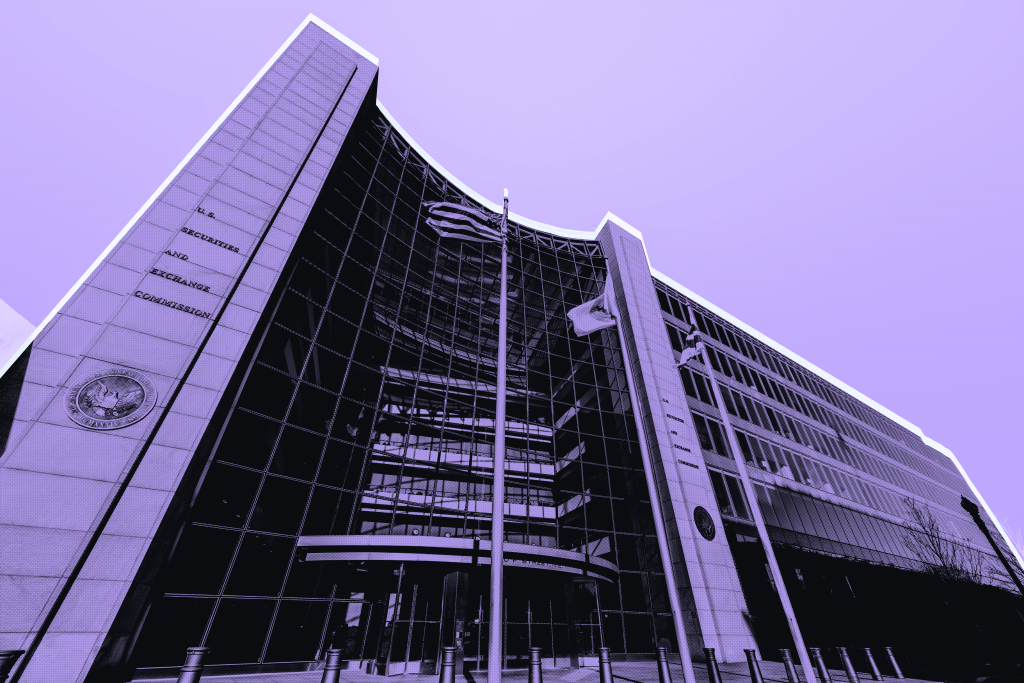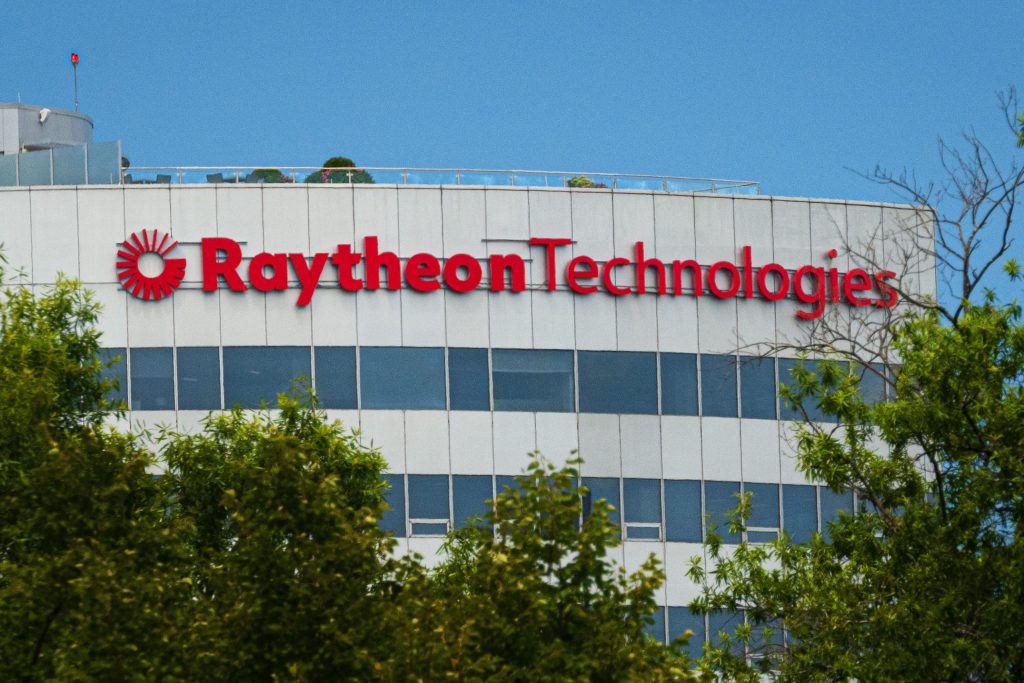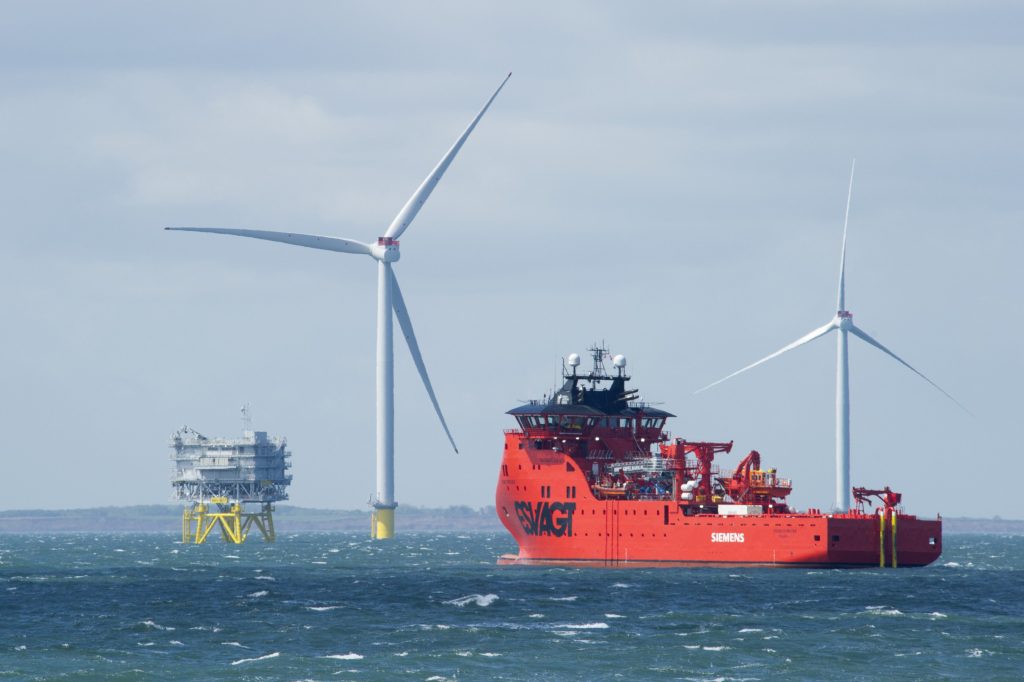As we embark on a new year, it might be a good time to think about how businesses and governments are approaching the issue of climate change.
From these entities’ role in limiting emissions and reporting on climate-relate risks and sustainability programs, to the legal fight that continues in the US over whether corporate initiatives and targets are even legal, the discussion of ESG, whether we invoke the acronym or not, shall continue.
US House Judiciary Committee sends letters to 60 firms
The House Judiciary Committee has sent letters to 60 businesses who are members of the Net Zero Asset Managers (NZAM) Initiative; the committee claims these companies’ efforts in NZAM and the Glasgow Financial Alliance for Net Zero may violate antitrust laws.
The letters were sent to firms such as Black Rock, State Street, T. Rowe Price Group and JPMorgan Asset Management seeking information on how the firms’ participation in NZAM changed their sustainability strategies. The letter calls the firm’s involvement with NZAM could constitute “anticompetitive collusion to promote ESG-related goals in the investment industry.”
NY’s Climate Superfund Law
New York has enacted a Climate Superfund Law, the second one in the US, which, starting in 2028, will fine fossil fuel companies $75 billion over 25 years to pay for the damage caused to the environment as a result of climate change.
Basically, fines will be assessed to fossil fuel companies based on the amount of greenhouse gases they released between 2000 and 2018. The law will apply to those companies the New York Department of Environmental Conservation determines is responsible for more one billion tons of greenhouse gas emissions (GHGs).
The intention of the law is to shift some of the money the state expects to pay to combat climate change from taxpayers to fossil fuel companies who have made more than $1 trillion in profits since 2021.
Norwegian company lands NY deal for huge wind project
Norway-based energy company Equinor announced that it has secured a project financing package in excess of $3 billion for the Empire Wind 1 project, reaching financial close for the 80,000 acre wind project off the coast of New York.
Located off the southeast coast of Long Island, Empire Wind 1 is anticipated to be the first offshore wind project to connect into the New York City grid and is expected to power 500,000 homes, with a contracted capacity of 810 megawatts.
The project is already under construction and is expected to reach commercial operation in 2027.
European Commission and aviation emissions data
The European Commission has announced it will be launching a voluntary Flight Emissions Label to provide more transparent GHG emissions data for airline flights within and departing from the EU.
The program is set to be fully operational by July 2025, and it will offer airlines a standardized way to report flight emissions and allow passengers to view and compare such emissions when booking flights. Considerations in this reporting will factor in aircraft type, aviation fuel used, average passenger count, and freight volume.













